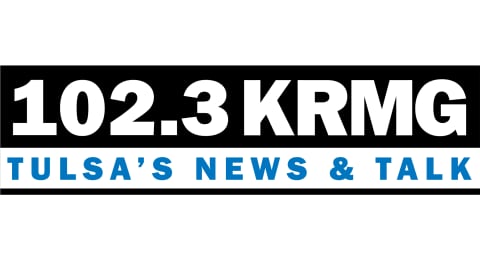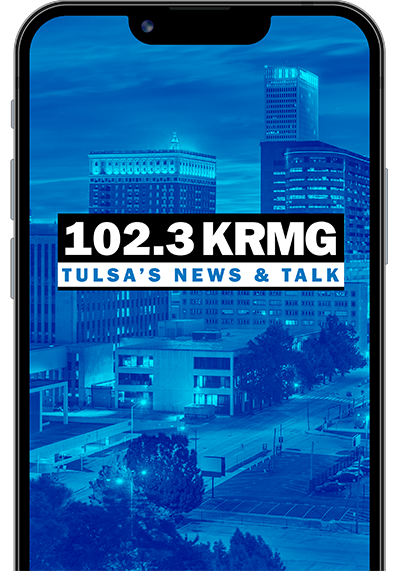It is not hyperbole to suggest that Super Tuesday lives up to its name.
More than a third of the delegates to nominate a presidential candidate are up for grabs, and while President Joe Biden and former President Donald Trump are on a collision course for a rematch of the 2020 election, Super Tuesday remains an important day in the election cycle.
Here are some things to know about Super Tuesday.
What is Super Tuesday?
Super Tuesday is the day in the presidential primary when the most states vote, according to The New York Times. The exact number tends to vary, but usually, a third of all delegates to the Democratic and Republican conventions are awarded on that day.
For Republicans, 874 delegates will be at stake across 15 states and one territory, according to The Washington Post. Democrats will have 1,420 delegates that will be awarded, PBS reported.
To become the nominee, a Republican candidate needs 1,215 of 2,249 available delegates, according to The Hill. A Democrat needs 2,330 of 4,659 delegates.
Who will be voting?
There are 15 states conducting primaries on Super Tuesday, according to the Times. Voters will go to the polls in Alabama, Alaska, Arkansas, California, Colorado, Maine, Massachusetts, Minnesota, North Carolina, Oklahoma, Tennessee, Texas, Utah, Vermont and Virginia. One territory, American Samoa, will hold its Democratic caucus on Tuesday. The Republican caucus is set for Thursday.
Iowa’s Democratic Party will also release the results of its mail-in voting on Tuesday, according to USA Today.
When will the polls close?
Most states will close the polls at 7 p.m. or 8 p.m. local time.
Can a candidate clinch the nomination?
No. Neither Biden nor Trump will claim the banner of “presumptive nominee” based on the results from Super Tuesday, according to The Associated Press. But for Trump, that could happen as early as March 12, while Biden could lock down the nomination by March 19, the news organization reported.
History of Super Tuesday
The first Super Tuesday of note occurred in 1976 when six primaries were held on May 25, according to the National Constitution Center. Gerald Ford, the incumbent president won three states that day, while Republican challenger Ronald Reagan also captured three states.
Four years later, seven primaries and caucuses were held on March 11, 1980.
But Super Tuesday did not become entrenched in the U.S. election lexicon until 1988.
Southern states, wanting a bigger voice in the primary process, moved up their voting dates, the Times reported. Twenty-one states, mostly from the South, had elections on March 8, 1988. It backfired on Southern Democrats as liberal Michael Dukakis won five states, according to the National Constitution Center.
The first Southerner to truly take advantage of Super Tuesday was Democrat Bill Clinton in 1992.
In 2004, John Kerry won nine of 10 primaries on Super Tuesday to clinch the Democratic nomination.
Four years later, 24 states moved their primaries to Tuesday, Feb. 5, 2008, putting half of the delegates available up for grabs. John McCain knocked off his chief rival, Mitt Romney, while Barack Obama and Hillary Clinton wound up in a virtual tie.
In 2016, Trump won seven primaries on Super Tuesday, according to NPR. Ted Cruz won three states and Marco Rubio won one primary.
Biden won 10 of 14 contests on Super Tuesday in 2020, CNN reported. He has not faced any serious competition from Democrats this year and is expected to win every contest on Tuesday.
The aftermath
On Super Tuesday, there will be 132 days until the Republican National Convention in Milwaukee and 167 days until the Democratic National Convention in Chicago, according to PBS. The general election on Nov. 5 will be 245 days after Super Tuesday.
©2024 Cox Media Group





